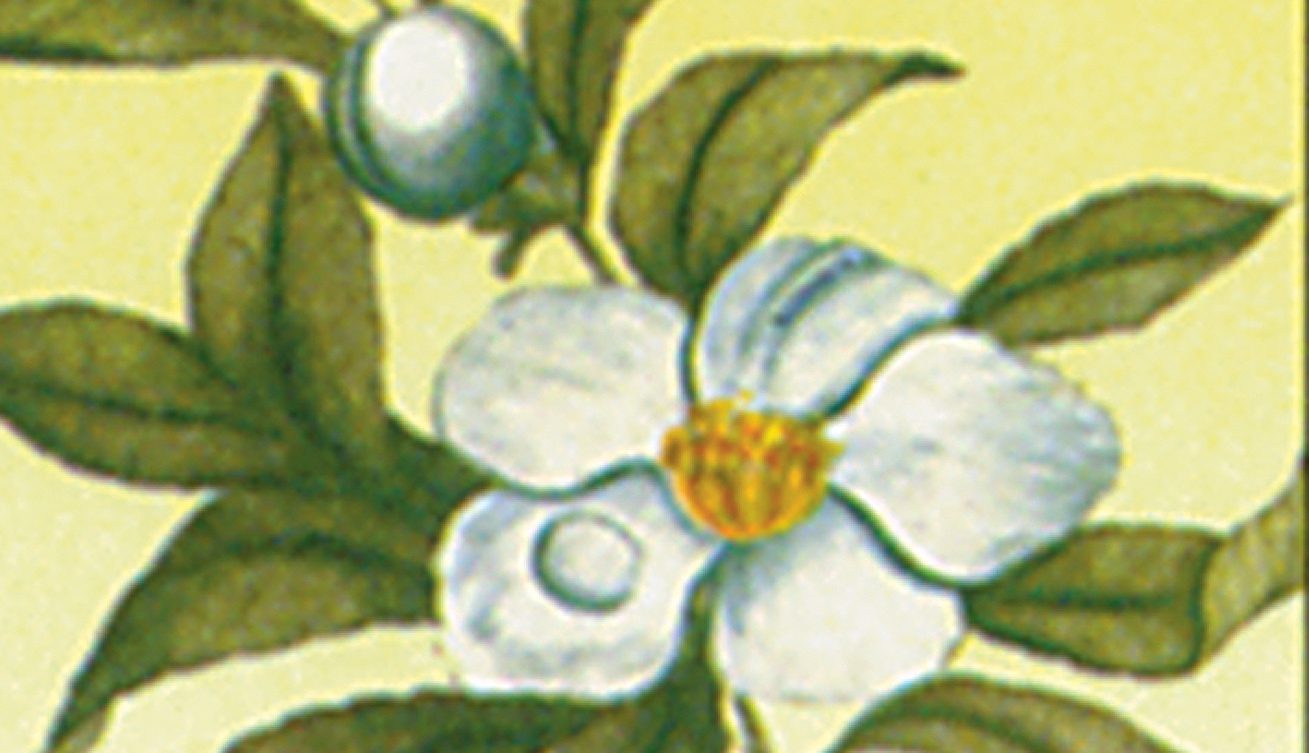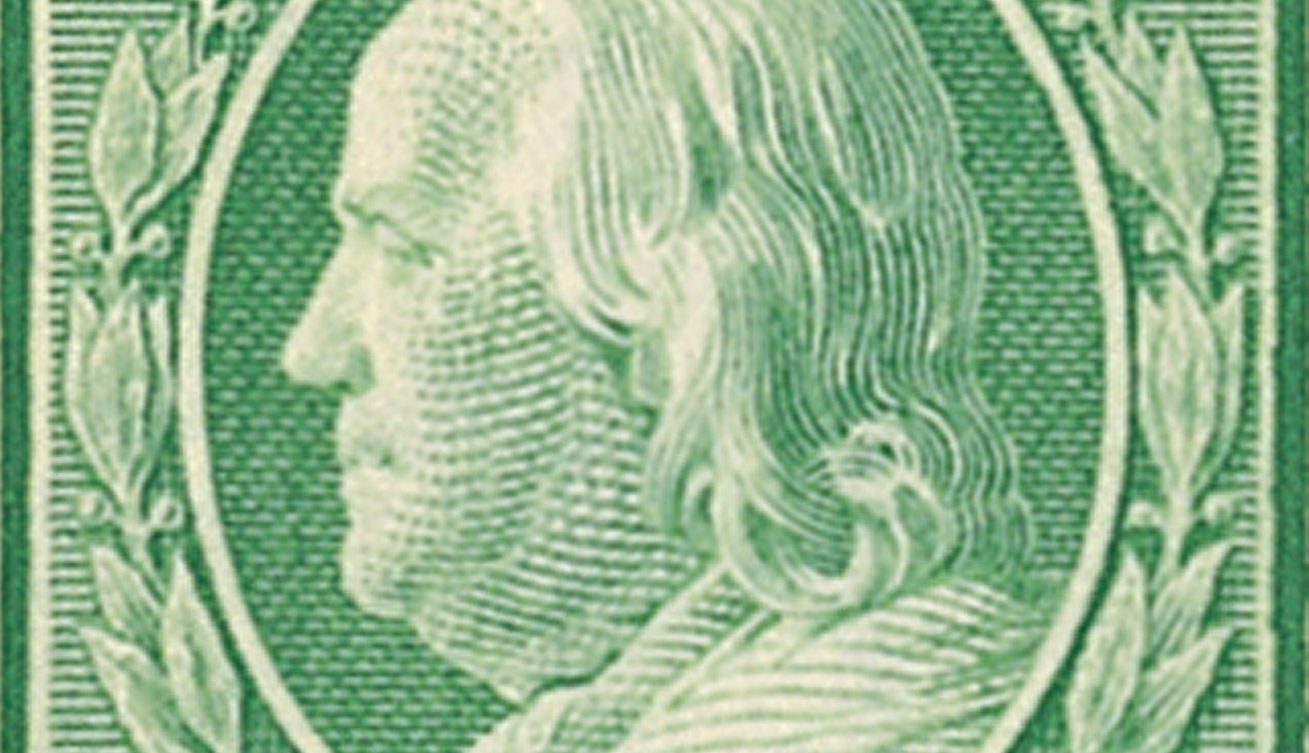Birth of Joseph Priestley
Joseph Priestley was born on March 24, 1733, in Birstall, West Riding of Yorkshire, United Kingdom. A noted scientist, he’s remembered for his work with electricity, oxygen, and carbonation.

Joseph Priestley was born on March 24, 1733, in Birstall, West Riding of Yorkshire, United Kingdom. A noted scientist, he’s remembered for his work with electricity, oxygen, and carbonation.
Benjamin Franklin was born on January 17, 1706, in Boston, Massachusetts Bay Colony. “The first citizen of Philadelphia,” Franklin was a printer, inventor, postmaster, and the only person to sign all four of the key documents in US history.

On January 14, 1784, the Confederation Congress ratified the Treaty of Paris, officially ending the American Revolutionary War. New boundaries were set and Great Britain acknowledged the United States as an independent nation.

On July 26, 1775, former deputy postmaster general of the American colonies, Ben Franklin, was made the first postmaster general of the United States. He revolutionized mail service in the young nation at a crucial time in our history.

On June 20, 1782, the United States adopted the Great Seal. It had taken six years, three committees, and the work of 14 men.

Botanist John Bartram was born on March 23, 1699, in Darby, Pennsylvania Colony. Called the “greatest natural botanist in the world,” he started one of the first botanic gardens in the United States.

On February 20, 1792, George Washington signed the Postal Service Act, creating the US Post Office.

On December 29, 1908, the US Post Office Department issued its first coil stamps on a national scale. These stamps ushered in a new era in both mail delivery and philately.

On December 19, 1732, Benjamin Franklin published the first edition of his Poor Richard’s Almanack under the pseudonym Richard Saunders.